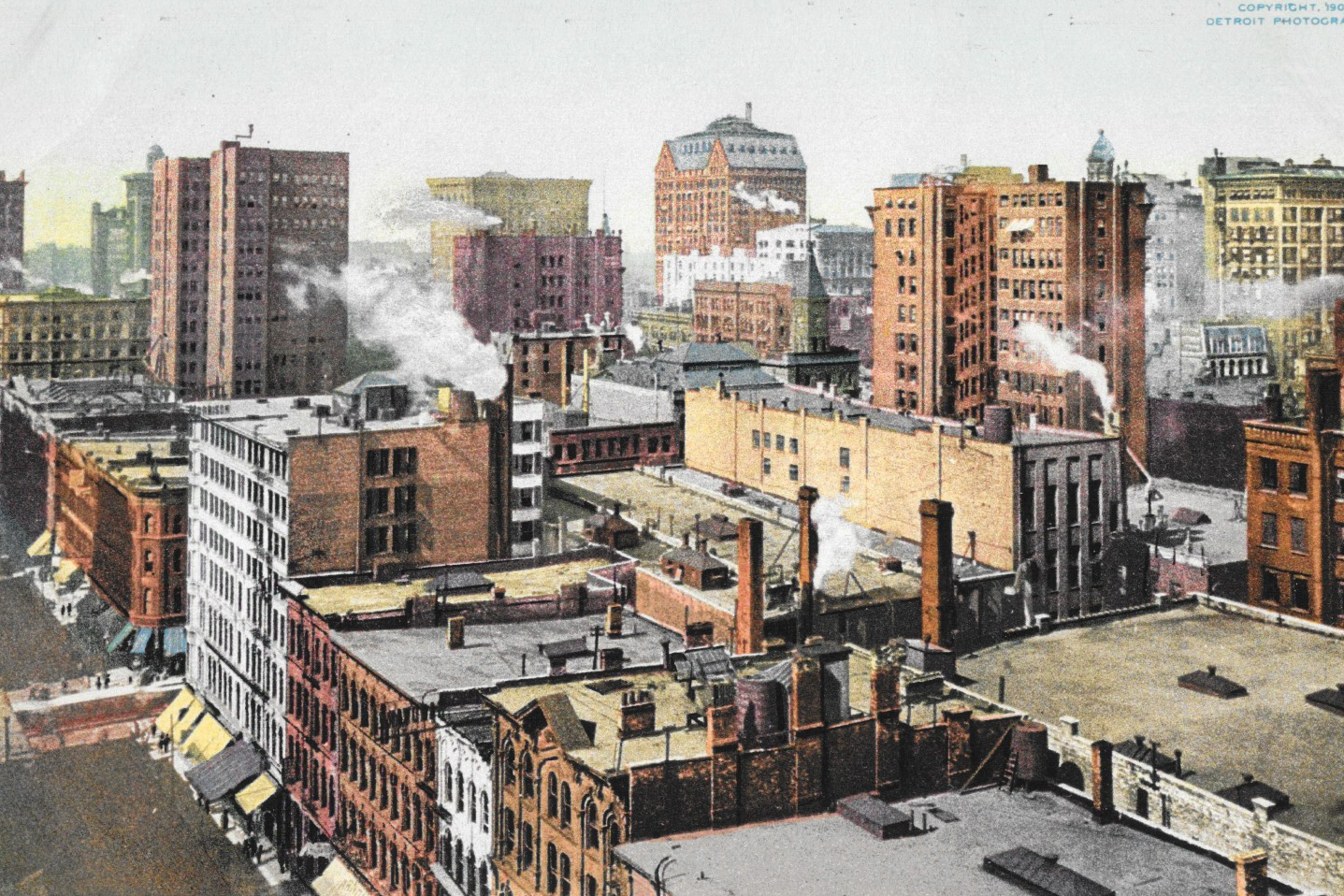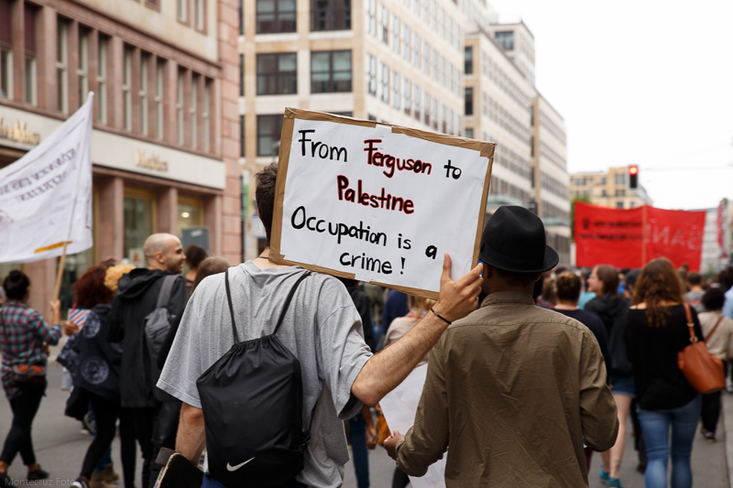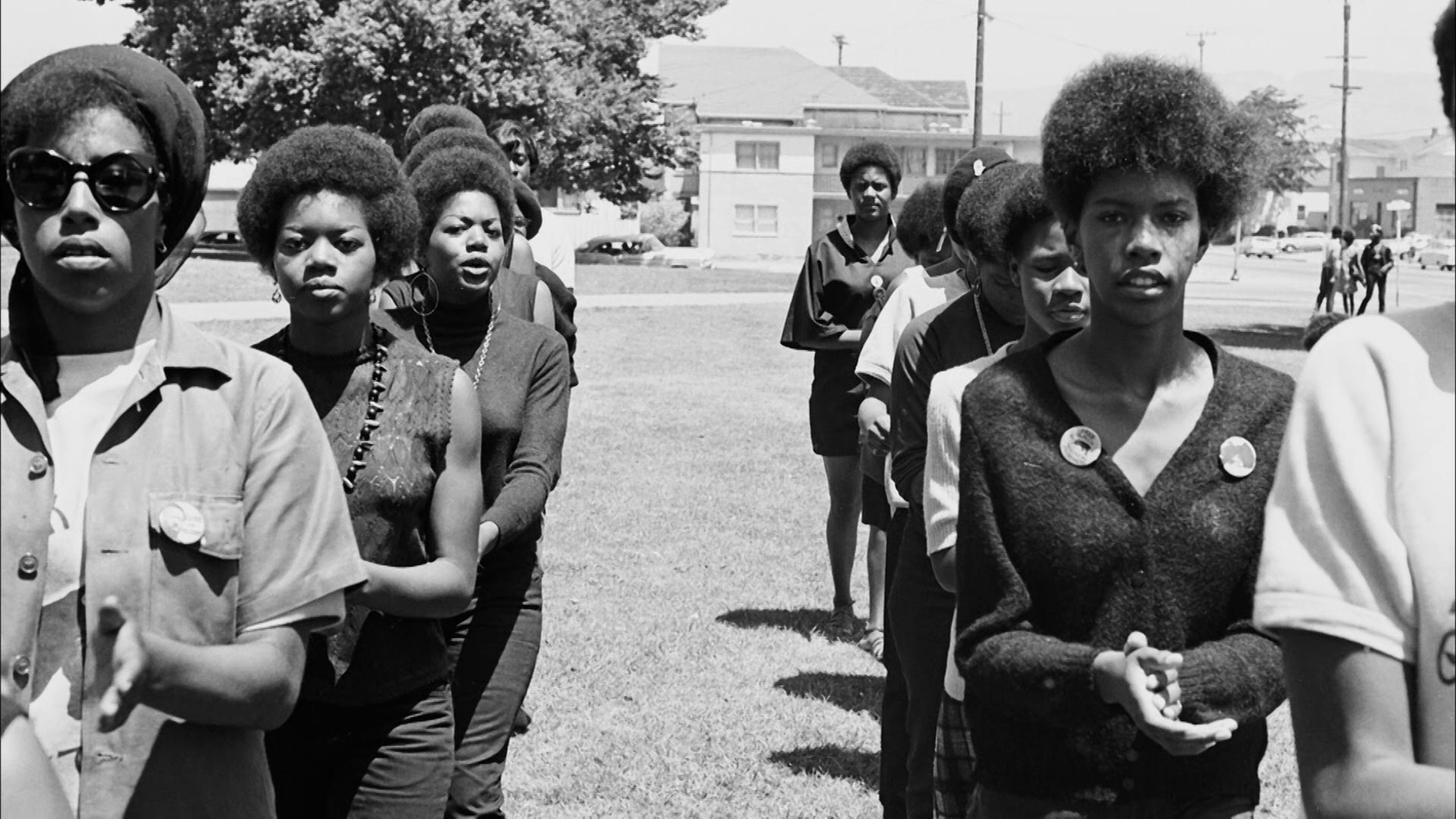Imagine being stuck in jail in the middle of a global pandemic for selling something now considered an “essential product.”
The racialized War on Drugs is making this scenario a reality in prisons and jails across America. With the rise of COVID-19, prisons now serve as petri dishes for a deadly virus, turning any prison sentence into a potential death sentence. According to Reuters, over 17,000 cases of COVID have been documented behind bars, increasing 30 fold between early April and mid May. Black Americans are 3.7 times more likely to be arrested for cannabis-related offices — a disparity that has continued despite decriminalization and legalization. With the onset of the global pandemic, Black and brown communities face a humanitarian catastrophe.
All this is happening as the cannabis industry rakes in massive revenues, despite fears of pandemic-induced disruption. The cannabis industry’s “essential business” designation in many states has allowed revenue projections to continue to climb — now to 89 billion dollars by 2025. Only four percent of cannabis businesses are Black owned, meaning that the communities most impacted by the War on Drugs continue to have little opportunity to gain a foothold in the industry.
The problem of criminalizing Black and brown people through drug policy is immense, raising the question of whether our proposed solutions and organizing strategies are sufficient to address the scale and urgency of the crisis. As a researcher and policy advocate working on issues of cannabis legalization for the past four years, I’ve come to believe that current conversations on how to repair the damage from the War on Drugs — even those that claim to be radical — too often reflect a technocratic, centrist theory of change that doesn’t put power in the hands of Black and brown communities.
The Center Cannot Hold — The Limits of “Pragmatic” Criminal Justice Politics
The COVID epidemic currently facing imprisoned Black and brown Americans is the result of the technocratic approach to policymaking that has failed our communities. Look at Justice Reinvestment Initiative (JRI) legislation, which attempts to release non-violent drug offenders and use the savings to reinvest in community organizations. Such legislation has passed in some form in over 20 states and earned the support of social justice advocates, who believe that the bills address prison overcrowding and community disinvestment in a manner that can achieve bipartisan support.
The political advocacy around JRI reflects a belief that mutual self-interest between deficit-conscious moderates and social justice-oriented liberals and leftists should be the starting point for crafting policy. Moderates are attracted to an incremental approach to releasing non-violent offenders, since lower rates of incarceration means less government spending on services for those in jail; liberals and leftists are willing to compromise on more expansive policy proposals in order to get some movement on decarceration, particularly because of the promise that the cost savings will be reinvested in services for at-risk communities. This policy framework has been taken up by large,well-known, and politically eclectic groups like the Urban Institute, Center for American Progress, Pew Research and the Koch brothers. And yet, despite millions of dollars invested in JRI, recent studies have shown that the states which implemented such reforms demonstrated no increase in decarceration as compared to non-JRI reform states, and no states actually reallocated revenue from the criminal justice system to community-based prevention programs.
The failure of JRI shows that emphasizing “innocent” non-violent drug offenders rather than pushing for more expansive decarceration ultimately backfires. The Corey Booker-backed “Marijuana Justice Act'' is an example of the failures of this technocratic and centrist ideology. The bill retroactively resentences nonviolent offenders with cannabis-related convictions, expunging their convictions and freeing them from prison. This policy seems sound on the surface, but it ignores the reality that individuals who are serving substantial time are rarely serving time for only possession or even “intent to distribute” charges. This same problem limits the effectiveness of JRI, which projected decarceration numbers on the assumption that a bevy of non-violent drug offenders would be released from state jails — only to find a very different reality on the ground. As Fordham University professor John Pfaff writes in his 2017 book Locked In:
“In reality, only about 16 percent of state prisoners are serving time on drug charges—and very few of them, perhaps only around 5 or 6 percent of that group, are both low level and nonviolent. At the same time, more than half of all people in state prisons have been convicted of a violent crime. A strategy based on decriminalizing drugs will thus disappoint—and disappoint significantly....”
Moreover, it is a well-known fact that prosecutors overcharge defendants, including with trumped up accusations of violence, in order to elicit guilty pleas. Finally, the reality is that many individuals in a cash-only street cannabis economy feel the need to arm themselves for protection, an act more reflective of their circumstances than their threat to the community if released. Thus, any policy around resentencing those charged with cannabis-related offenses must challenge the false pragmatism of focusing on nonviolent drug offenders and include those with lower-level “violent” charges like assault or weapon possession.
The limits of pragmatism can also be seen in state-level cannabis legalization. These campaigns have often been praised as triumphs of bipartisan political strategy, as libertarian Republicans unite with Democrats to pass cannabis legalization ballot initiatives. But this strategy, according to Seattle University School of Law professor Steven Bender, has come at the cost of adopting racialized discourses that deemphasize racial disparity in cannabis law enforcement and normalize white control over the cannabis industry. As he writes in The Color Of Cannabis:
“Anecdotally, a Washington advocate for marijuana legalization told me that racial profiling arguments won’t win legalization campaigns and instead will alienate voters…. Frustration with cartels of color controlling drug production and distribution was evident not just in the upset over their profiteering from illicit drugs, but in the perception that cartels pay no attention to product safety and that government is better situated to ensure an unadulterated product…. [W]hite entrepreneurs dominate the legal marijuana market, [and so] voters may have been making the choice between their perception of shady cartels of color controlling the illicit market, and of more trusted white business owners and local government profiting from marijuana consumption.”
This reveals a startling fact: The dominance of white businesspeople and the lack of comprehensive social justice in many cannabis legalization campaigns is not an accidental “bug” but a feature of the sort of “pragmatic” policy approach that many social justice advocates have been taught to accept. In order for more comprehensive cannabis policy to flourish, there must be political organizing strategies that explicitly center racial justice.
Moving From “Reinvestment” to “Reparations”
The frame Senator Booker used in the Marijuana Justice Act replicated the flaws of the Justice Reinvestment Initiative programs. The bill failed to outline the decision-making process for which community organizations get funding, and it failed to create any formal mechanisms of accountability to ensure that the communities most impacted by the War on Drugs have control over how these services are rendered.
The failure to make community self-determination a core tenant of reparations policies opens such policies to cooption. Indeed, when the criminal justice scholars William Sabol and Miranda Baumann analyzed the reasons behind the failure of the Justice Reinvestment Act to reinvest revenue in the community, they found that the consultants and technical assistance providers charged with implementing the policy had little experience with local communities. They didn’t know who to invest in, nor did they know how to frame these proactive investments through the required “qualitative analysis” and “evidence-based” dogma. They thus fell back back on investing in what they knew — the criminal justice system. Given the hegemony of technocratic norms — and the ignorance of Black communities among many consultants — one wonders if more cannabis “reparations” bills will suffer a similar fate.
Fortunately, there are jurisdictions across the country that have built on a reparations vision in order to redistribute resources into local communities — providing a frame for marijuana legalization that is grounded in reparations. In Jackson, Mississippi, an independent political body known as the People’s Assembly has done participatory budgeting events, where citizens use a game to understand civic finance and cooperatively decide where funding should be allocated. Participants are held to the rules of civic finance and forced to make tough decisions on which programs get funded and which get cut. Their choices are then aggregated and presented to the city government, which uses this data to set budgeting priorities.
Inspired by the People’s Assembly, the Baltimore City Children and Youth Fund has created a grant review team consisting of a representative cross-section of community members who are paid to review applications for a $10 million a year grant pool. In 2018 -2019, this grant review team used progressive funding criteria focused on increasing capacity-building for grassroots, community-based youth programming to fund over 60 programs doing work in local communities.
These examples reveal a basic but radical principle: For cannabis legalization to truly be reparative, the decision-making power must be in the hands of community members, not politicians, academics, consultants, or program officers. Thus, the impulse to legislate localities from the state capital should be rejected, and localities should be empowered to develop participatory funding processes that fit their specific needs.
Organizing for Victory — Beyond “Black Business” Toward Opportunity for Community
Getting these kinds of participatory, bottom-up processes embedded in cannabis legislation will require unique forms of organizing and advocacy work. Organizers should seek to create a loose coalition of grassroots social service providers, current or aspiring Black and brown small-scale cannabis entrepreneurs, civil rights organizations, and Black and brown cannabis consumers. The goals should include pushing back not only against conservative and centrist anti-legalization forces but also against those seeking access to cannabis tax revenue. Many police unions, for example, have argued that tax revenue from cannabis legalization should be given to local police departments to account for the increased costs relating to cannabis legalization enforcement, an argument that should be vigorously challenged.
Such a coalition must also be prepared to address Black and brown aspiring cannabis tycoons. When it comes to having a social equity conversation around cannabis issues, many state lawmakers and community members hear overwhelmingly from this small sliver of affluent Black and brown entrepreneurs who attempt to convince the community that the litmus test for social justice on the cannabis issue is people of color receiving access to potentially lucrative growing and dispensary licenses. In reality, with capital requirements on dispensaries and large-scale growing operations ranging from $3-30 million, these opportunities do not by themselves create broad-based economic empowerment for working-class and impoverished communities.
These pro-legalization advocates often gloss over the reality that, even if the growers and dispensaries are owned by Black and brown people, legalization hurts street-level cannabis entrepreneurs. Many will not be able to work in the legal cannabis economy because there just aren't enough jobs and the skills set they honed in the streets don’t mesh with the high-tech, corporate reality of legal cannabis. Legal cannabis competes with street sales on convenience and even price. In addition, legalizing marijuana creates the perverse incentive for legal cannabis companies and state lawmakers to ramp up enforcement against street-level cannabis sales, as is already being seen in California, because street sales decrease the former's profits and the latter's tax revenue. Legalization, sadly, will make things worse for many Black and brown people using street-level cannabis sales as a means to survive. Thus, the focus on Black and brown ownership at the top of the industry must be supplemented with a deep commitment to tax revenue redistribution and economic opportunity at all levels of the cannabis economy.
Many legislators have been taught to see progress through the lens of large-scale job creation. In this frame, they often give lower priority to opportunities to empower communities through community-level entrepreneurship. It is essential that organizers counteract these attempts to monopolize the social equity conversation by involving Black, brown, and working-class communities in legalization efforts.
Fortunately, there are a variety of entrepreneurial opportunities beyond full-scale growing operations and dispensaries. Cannabis legalization opens up space in cannabis-related ancillary industries, such as cannabis-related security, delivery/transportation, packaging and processing, marketing, and managing event spaces or consumption sites — all of which have lower start-up capital requirements and, unlike dispensaries and large-scale growing operations, no caps on licensure. These opportunities have the potential to provide working-class Black and brown communities with a way to benefit from the cannabis economy. Many states also allow smaller-scale cannabis grows, so-called micro-enterprise or “craft cannabis” licenses, which allow individuals to access growing licenses at a far lower price point. Advocates should study these policies and advocate for them to be included in state-wide legalization.
Hope Despite Uncertainty
The COVID-19 pandemic will create serious deficits in state budgets, making cannabis legalization an increasingly appealing revenue solution for state governments. So far, this has not panned out for the states that have opted to legalize marijuana. Even though legalization advocates promote a tax revenue windfall as a benefit of legalization, most states have seen tax revenue below such optimistic projections. Given the deep impacts of the War on Drugs, it is essential that advocates insist on cannabis legalization as a social justice project, not a vehicle for state governments to generate revenue. Legalizing marijuana provides a unique opportunity for targeted investments in the communities most impacted by the War on Drugs, which are also primarily the communities most impacted by COVID-19.
COVID-19 has Black and brown communities worried about how they will survive. There are certain to be a bevy of policy “experts” selling them the same sorts of “pragmatic” centrist policies that have failed us in the past. Black and brown communities deserve to do more than merely survive. By rejecting the preemptive defeatism of centrist compromise politics, and by leveraging cannabis legalization as an opportunity to demand comprehensive reparations for the War on Drugs, we have a chance, however precarious, to thrive.






Become a Sustaining Donor to The Forge!
The Forge is built by and for organizers. Though we’ve raised a bit of startup money to build the site, this publication and community will be only as strong as we, together, make it.
Please click below to become a sustainer. When we have some cool swag, you’ll be first in line!
DonateRelated Articles
How to Build a New World, Locally
Ferguson, Palestine and “The Most Important Election of Our Lifetime”
Will the Revolution Be Funded?
From the Traumas of America to the Shores of Africa: A Journey of Self-Healing
Get the latest articles sent to your inbox